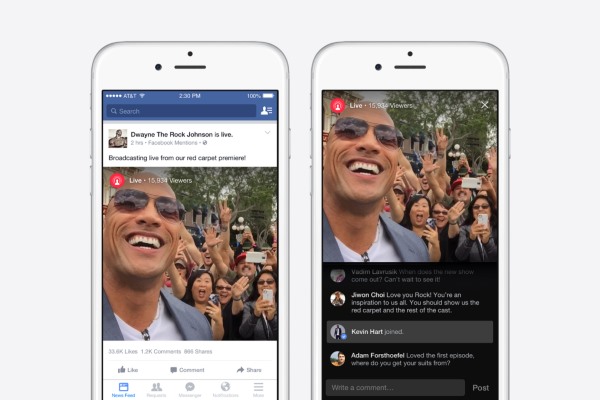
Facebook Live lets celebrities broadcast live video
Facebook has become much more than just a social network for connecting with friends and family, evolving into a way to get in touch with companies and even celebrities. Today the site announces that celebrities are now able to share live video from the Facebook Mentions app directly to fans.
Regular Facebook users need do nothing more than follow the celebrities they are interested in, and any live video that is broadcasting by someone they follow will appear in their news feed. While comparable to the likes of Periscope and Meekat, Facebook Live is not a direct competitor as it is only available to those with verified accounts -- but it also has features that neither of these services offer.

The usual suspects top Forbes' Richest People in Tech list
Forbes today unveiled its inaugural 100 Richest People in Tech list. Comprising 100 billionaires, the top of the chart is dominated by all of the names you would expect to see -- Bill Gates, Larry Ellison, Jeff Bezos, Mark Zuckerberg, and Larry Page take the top five slots.
It's not just the names that are familiar. The US is the dominant country in the chart, with more than half of the list filled by American billionaires. The image of California as being the center of the world of technology is borne out by the fact that 49 of the top 100 hail from the western state. So, yes, Bill Gates tops the charts with $79.6 billion, but where are the other big names?

Facebook uses Lollapalooza to showcase new live streaming feature
If you can't make it to Lollapalooza this year, there's no need to be jealous of your friends who are attending. At the music festival, Facebook has started testing a new feature that allows people to live stream events on the social network, taking on the likes of Snapchat head-on.
Music festivals are far from cheap -- a full weekend pass costs $275 and that's before you factor in travel, food, and so on -- so the prospect of a social powered livestream will appeal to many... particularly those to whom the idea of camping is abhorrent. Facebook's Place Tips feature can be used by those in attendance -- including performers -- to post videos, photos and updates that can be enjoyed by those who chose to stay at home.

For some Facebook users 'hide' may no longer mean hide
What do you do if a story appears in your Facebook that you're not interested in? You might just ignore it, or you might try to train Facebook about your preferences by selecting the 'hide' option.
But if you're the sort of person who hides a lot of stories, Facebook might start placing less importance on your dislikes. This might sound counter-intuitive, but Facebook is convinced that it makes sense, saying that for some people opting to hide a story "isn't as strong a negative signal". So who are these people?
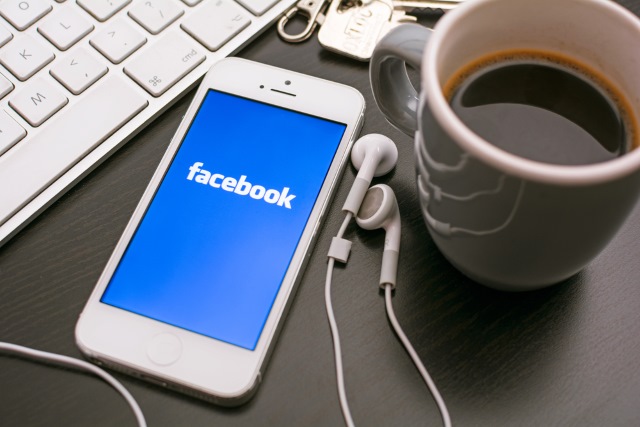
Half of all Internet users are on Facebook
Approximately half of the world’s online population accesses Facebook on a monthly basis, the social media giant has reported.
By the end of Q2 2015, 1.49 billion people accessed the website at least once in a month, up 13 percent from the same period last year and representing half of the estimated global online population of 3 billion, Facebook said.
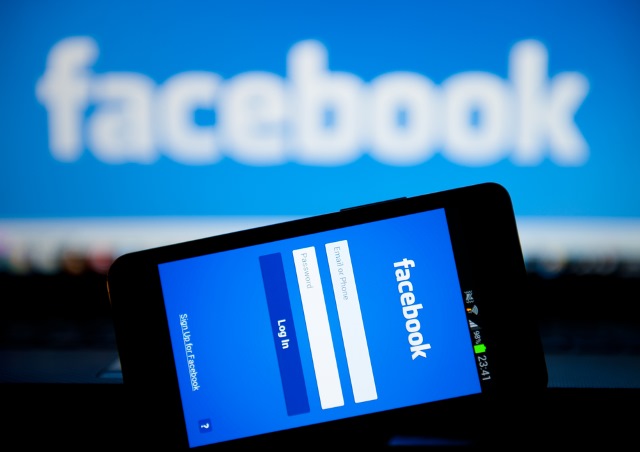
Facebook makes new security checkup tool available to everyone
A couple of months ago Facebook started to talk about a new security tool. It was initially only made available to a select group of users, but today it rolls out to all.
The aptly-named Security Checkup gives Facebook users the opportunity to double check the privacy and security settings they have in place, helping to ensure that private information is not shared with too large an audience. It can also be used to monitor logins and check for suspicious account activity, acting as a handy centralized hub for everything security-related.
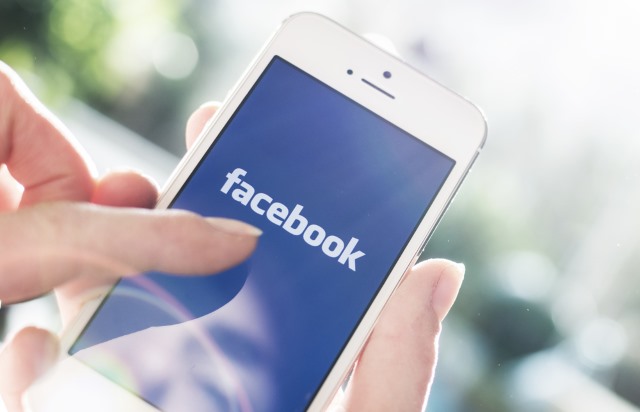
Facebook dominates social website logins [Infographic]
Customer identity management firm Gigya has released its Q2 "landscape of customer identity" figures, showing how consumers are using third party identity providers such as Facebook and Google+ to log into other websites.
Facebook continued its dominance, now controlling two-thirds of all social logins, followed by Google+ (20 percent), Twitter (six percent) and Yahoo (four percent).

Internal training documents reveal how Facebook tackles diversity, bias, and discrimination
Workforce diversity is something that has been brought into sharp focus in recent months as companies such as Amazon, Microsoft, and Facebook reveal the make-up of their staff. White, middleclass, male employees dominate the world of technology, and this is certainly the case at Facebook -- even if a redesigned icon was an attempt to bring women to the fore.
Now the social network is embarking on something of a PR campaign, desperate to prove that it is doing everything it can to develop as diverse a workplace as possible. Today Facebook publishes sections of its employee training program that aims to eradicate the 'unconscious bias' that leads to -- in Facebook's words -- 'black sounding names' getting fewer callbacks than 'white sounding names'.
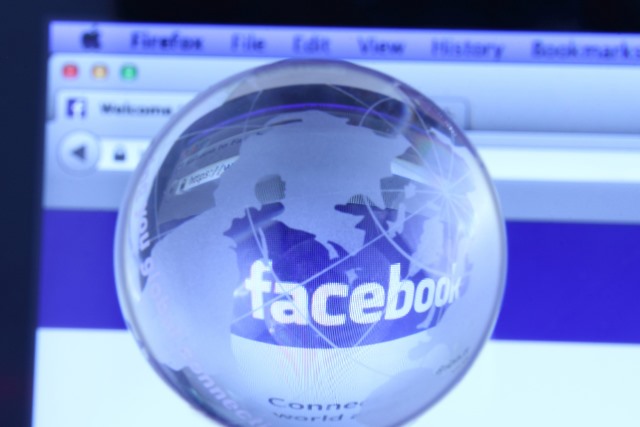
Facebook told to allow the use of fake names
Facebook comes in for a lot of criticism, but one thing that managed to rub a lot of people up the wrong way is its real names policy. For some time the social network has required its users to reveal their real name rather than allowing for the adoption of pseudonyms. This has upset many, including musicians and the drag community.
Now a German watchdog has told Facebook that its ban on fake names is not permitted. The Hamburg Data Protection Authority said that the social network could not force users to replace pseudonyms with real names, nor could it ask to see official identification.

One year on, Internet.org gives a billion people internet access
Mark Zuckerberg's Internet.org has come in for quite a lot of criticism since it launched. Designed to help get the entire world online, it has been argued that the program is in opposition to the idea of net neutrality and many of its backers have pulled out or complained about things since it kicked off.
But in many regards none of this matters -- it is the numbers that are important. Twelve months after the launch of Internet.org, more than a billion people have been connected to the internet free of charge. Moving into year two, the next part of the operation involves scaling things up.
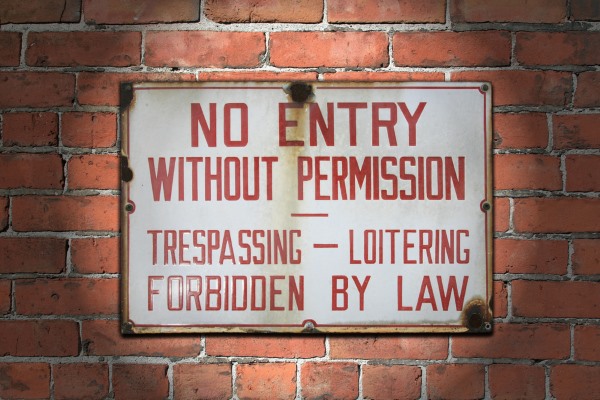
New Facebook video controls let you be sexist, ageist or secretive
Videos on Facebook are big business. As well as drugged up post-dentist footage, there is also huge advertising potential. Now Facebook has announced a new set of options for video publishers -- including the ability to limit who is able to see videos based on their age and gender.
A social network might not be the first place you would think of to try to keep something private, but a new 'secret video' option makes it possible to restrict access to those people who have a direct link. Other new options include the ability to prevent embedding on other sites, but it is the audience restriction settings that are particularly interesting.
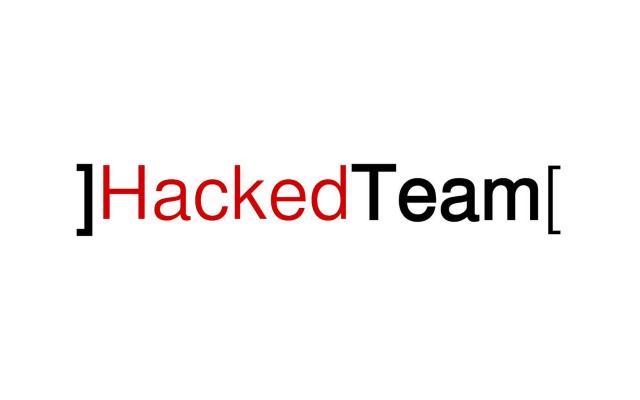
Check your computer for Hacking Team malware with these essential security tools
When Hacking Team was hacked, a massive cache of data was leaked, including the source code for government-strength surveillance tools. Hacking Team warned that the code could have fallen into terrorist hands, but then backtracked slightly to say that any code that had been obtained was incomplete and out of date.
We already know that the company managed to sneak malicious apps into Google Play, and you might be concerned that some of its malware has made its way onto your computer. To help put minds at rest -- hopefully -- Rook Software has released a tool to seek out Hacking Tool malware.
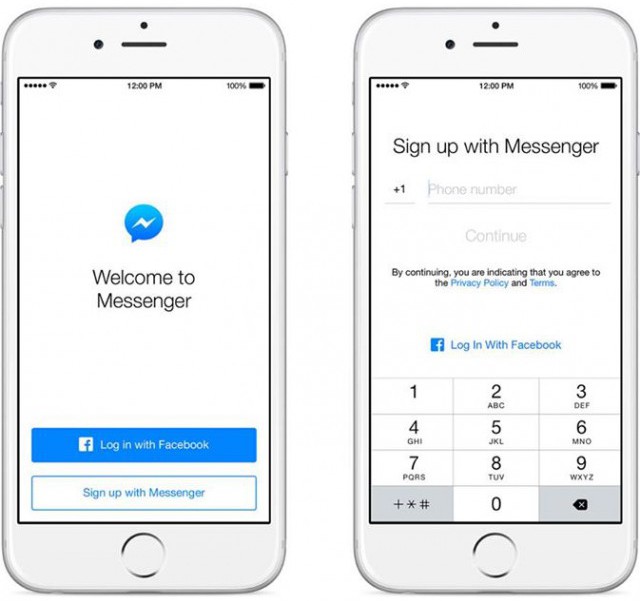
Everyone can now sign up for Messenger without a Facebook account
Facebook wants to make Messenger appeal to as many people as possible, so, last month, it announced that it will no longer require new users to have a Facebook account in order to use its increasingly popular messaging service. The feature was initially said to be offered in just a handful of markets, US, Canada, Peru and Venezuela.
Now, the feature is made globally available according to Facebook's David Marcus. Just like in the first markets, all that new users need to sign up for Messenger is their phone number.
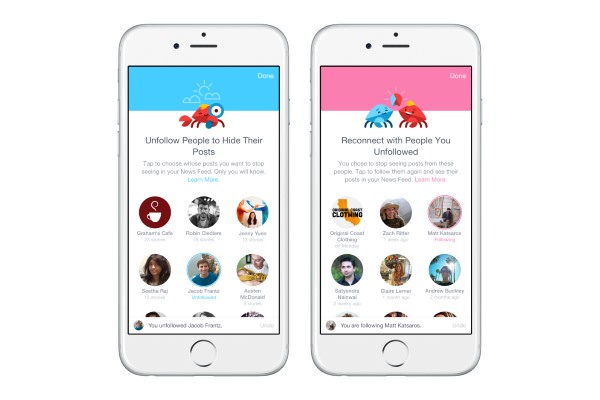
Prioritize your news feed with updated Facebook controls
Add a few friend on Facebook, join a few groups, and follow a few people you know and your Facebook feed can collapse into a jumbled mess. The way Facebook's algorithm works means it's all too easy to see too much stuff you're not really interested in, and miss what you want to see most.
Today the social network is rolling out a new set of options that can be used to gain better control of what you see. The latest update gives prioritization options so you can be certain that you'll always see posts from a particular friend. Will it be enough to please those who are critical of how things work at the moment?
Facebook facelift puts women on top
Facebook has been busy updating its look. It's very subtle, so you'd be forgiven for missing it. Following on from last week's incredibly understated logo change (just believe us, the font is slightly different) comes an update to the friends icon. A minor thing, you might think, but with the current focus on diversity, it's one that is noteworthy.
The social network comes in for constant criticism; just about everything it does gets a negative reaction. If it's not complaints about Internet.org, it's the company's lackadaisical attitude to privacy. If people are not whining about changes to their news feed, they are questioning censorship. One Facebook designer was unhappy with the way the friends icon pushed a male figure to the front, while the female symbol shrank into the background. So she redesigned it.
